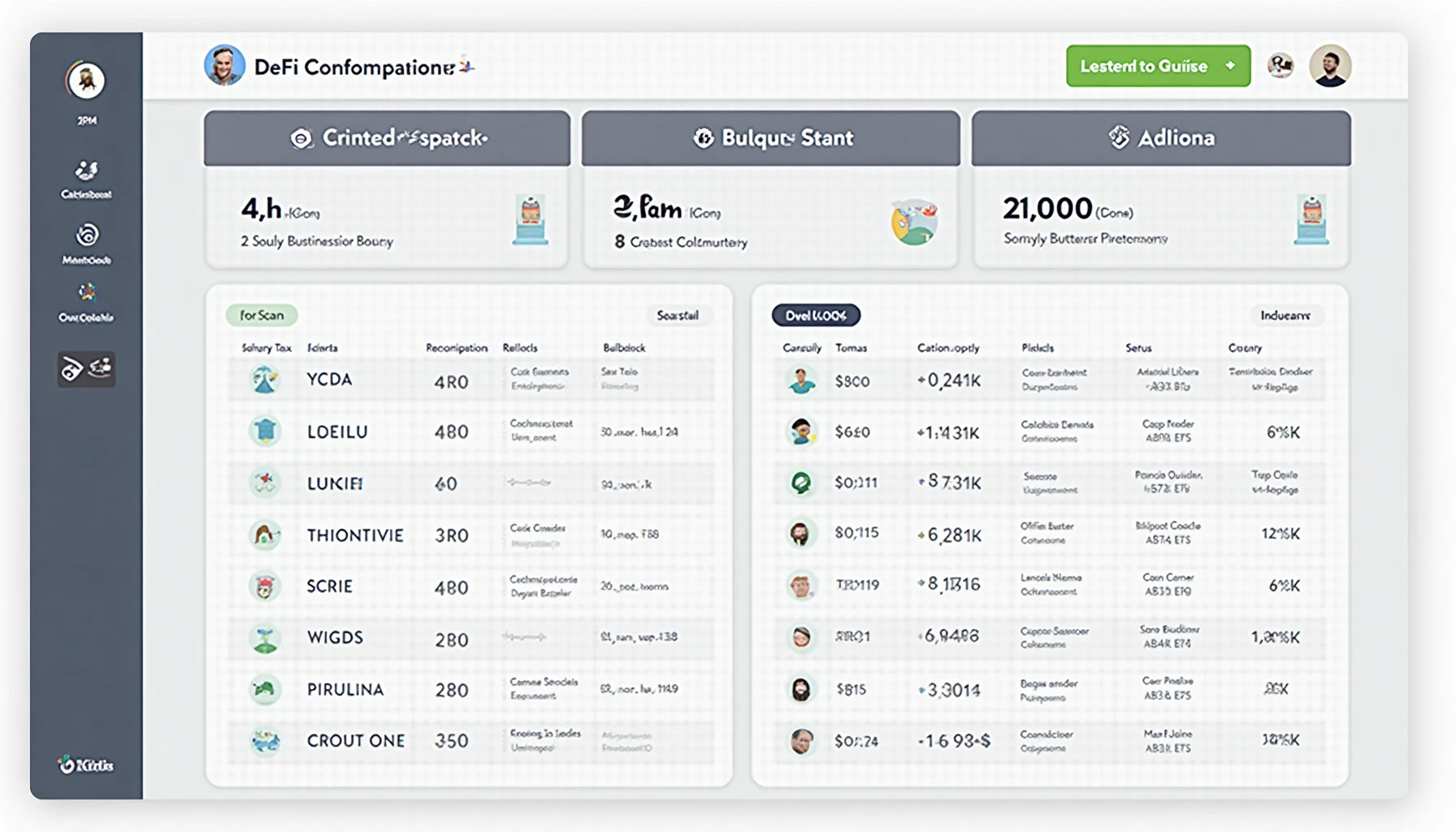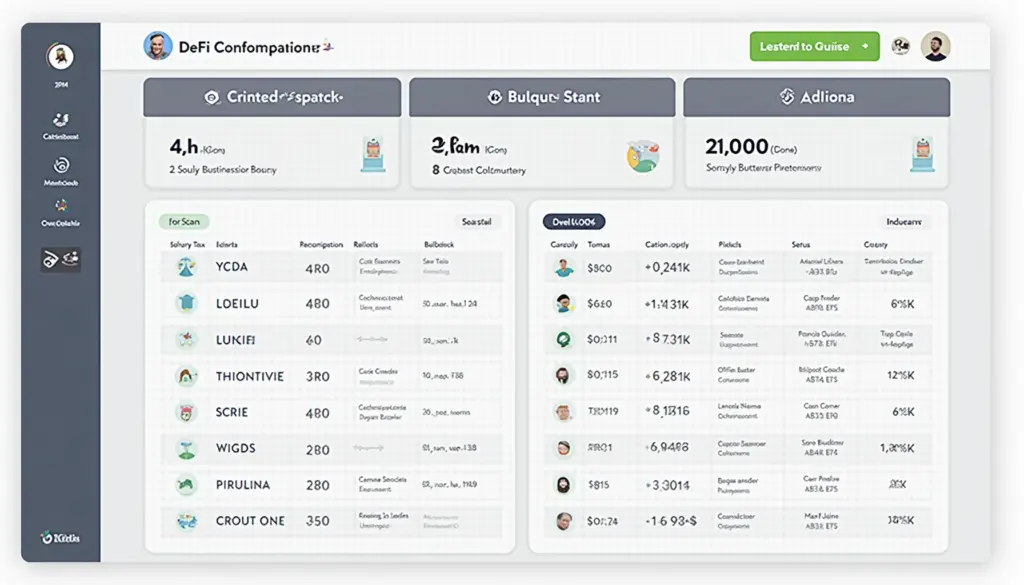Are You Ready to Tackle Your DeFi Taxes?
In a recent survey, over 70% of cryptocurrency holders reported feeling overwhelmed by the tax implications of their digital asset transactions. With the rise of
DeFi tax reporting tools, managing your financial obligations has never been easier. But why exactly do you need these tools?
Understanding the Basics of DeFi Tax Reporting
Decentralized finance (DeFi) has transformed how we interact with cryptocurrency. Every trade or transaction you make can have tax implications. Here’s what you should know:

- Reporting Requirements: Just like traditional investments, you need to report your earnings from DeFi activities like staking or yield farming.
- Taxation Challenges: The tax treatment of digital assets is still evolving. Automated tools can help track your activities and simplify tax calculations.
Choosing the Right DeFi Tax Reporting Tools
There are various tools available, each with unique features tailored for different needs. When selecting a tool, consider:
- Integration: Does it connect to your crypto wallets and exchanges?
- Supported Assets: Ensure the tool supports all your tokens and transactions.
- User Experience: A straightforward interface can save you time and reduce stress.
Top Tools to Consider
Some prominent DeFi tax reporting tools on the market include:
- CoinTracking: Great for comprehensive reports and historical data analysis, ensuring you don’t miss out on any important transactions.
- TokenTax: Ideal for those who want to simplify their crypto filing with customer support and tailored tax advice.
- CryptoTrader.Tax: Perfect for both beginners and pros, this platform focuses on ease of use and offers automated reports.
Regional Tax Considerations
If you’re located in specific regions like the United States or Singapore, the tax implications can vary greatly. Tools like Singapore Crypto Tax Calculator are designed to align with local regulations, ensuring compliance smooth and your financial records in order.
Ensuring Accurate Record-Keeping
When engaging in DeFi, you might encounter various transactions daily. Keeping accurate records is crucial. Here’s how:
- Regular Updates: Update your transactions in your tax tools regularly to avoid last-minute chaos.
- Data Backup: Store and backup transaction details to prevent loss of information.
- Seek Professional Advice: Consult with a qualified tax advisor, especially if your holdings are significant.
Conclusion: Taking Charge of Your Crypto Taxes
With the right DeFi tax reporting tools, you can confidently navigate the complex world of cryptocurrency taxation. Start exploring these tools today to ensure you’re well-prepared come tax season. Remember that being proactive can save you time and money.
Always consult local regulations and, when in doubt, speak to a tax professional.
Ready to optimize your crypto experience? Dive into Cryptosaviours to learn more about managing your digital assets effectively!
